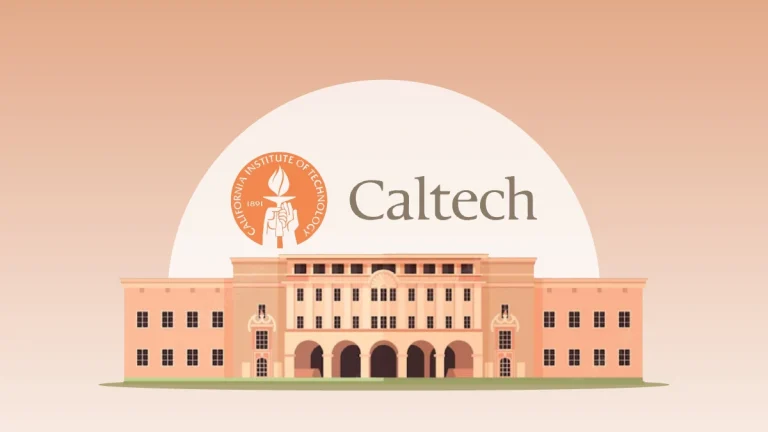
Artificial intelligence is rapidly changing many elements of society, altering how we work, interact, and live our daily lives. Here, we look at the substantial effects about Impact of AI on Society is having on various sectors, highlighting both the benefits and the challenges it presents.
How AI is Impacting on our Society?
Artificial Intelligence in Society has a wide range of effects, including social, cultural, and economic ones. It promotes efficiency and innovation, changing sectors, and generating new work roles. It also brings up questions of security, privacy, and ethics.

Economic Transformation:
AI is a significant force behind task automation and the creation of new business models in the economy. AI is being used by sectors including manufacturing, healthcare, and finance to streamline processes, cut expenses, and improve customer satisfaction. In the healthcare industry, AI-powered predictive analytics enables early disease diagnosis, and in the financial sector, AI algorithms optimize investment methods.
Social and Ethical Considerations:
Artificial intelligence in Social systems offer ethical problems as they grow more prevalent in society. These challenges include the possibility of increasing inequality, surveillance concerns, and algorithmic bias. It is essential to ensure ethical AI in social development and application in order to solve these problems, advance equity, and safeguard individual rights.
AI in the Workplace:
One of the areas where AI will have the biggest impact is the workplace. AI-driven analytics, automation, and machine learning are changing how businesses run and workers carry out their duties.
Automation and Job Displacement:
While automation of routine and habitual jobs increases productivity, it also raises concerns about job displacement. AI is putting some employment at risk, but it’s also opening up new opportunities in data analysis, AI ethics, and AI development. Employees must adjust by picking up new skills and committing to lifelong learning.
Enhanced Decision-Making:
Because AI uses data analysis to provide insights, decision-making processes are becoming more efficient. For example, may examine enormous volumes of data to find trends and patterns, assisting companies in making wise judgments. With AI’s capacity to forecast consumer behavior and optimize campaigns, this power is extremely beneficial in industries like marketing.

AI and Human Interaction:
AI is transforming human-technology and relationships. Hence, Artificial Intelligence is becoming a crucial component of human communication, from social robots to virtual assistants.
Virtual Assistants and Chatbots:
Virtual assistants such as Siri, Alexa, and Google Assistant have grown widespread, assisting with daily activities and putting information at our fingertips. Not only Virtual Assistants, but Chatbots are also improving customer service by offering immediate assistance and effectively resolving queries.
Social Robots and Emotional AI:
Social robots are being designed to interact with people in a more natural and engaging way. Plus, Emotional AI, which can perceive and respond to human emotions, is being incorporated into these robots to improve social interactions and give companionship, particularly in hospital and eldercare environments.
AI In Daily Life:
AI in Daily Life is becoming more prevalent, affecting how we live, work, and play. From smart homes to personalized suggestions, AI improves convenience and quality of life.
Smart Homes and IoT:
AI-powered smart home devices are transforming the way we control our homes. Smart thermostats, lighting systems, and security cameras may be operated remotely, and learn our preferences to save energy and improve security.
Personalized Experiences:
AI algorithms are customizing our online experiences, recommending movies on Netflix, and editing news feeds on social media. This personalization increases the significance and engagement of our interactions with digital platforms. However, it also raises worries about filter bubbles and data privacy.
Conclusion:
Artificial intelligence is definitely transforming society, influencing everything from the workplace to our daily interactions and activities. While technology provides great benefits, it also creates obstacles that must be carefully considered and managed. Embracing AI properly, with a focus on ethical standards and constant learning, will be critical to realizing its full potential and ensuring its advantages for all of society.






